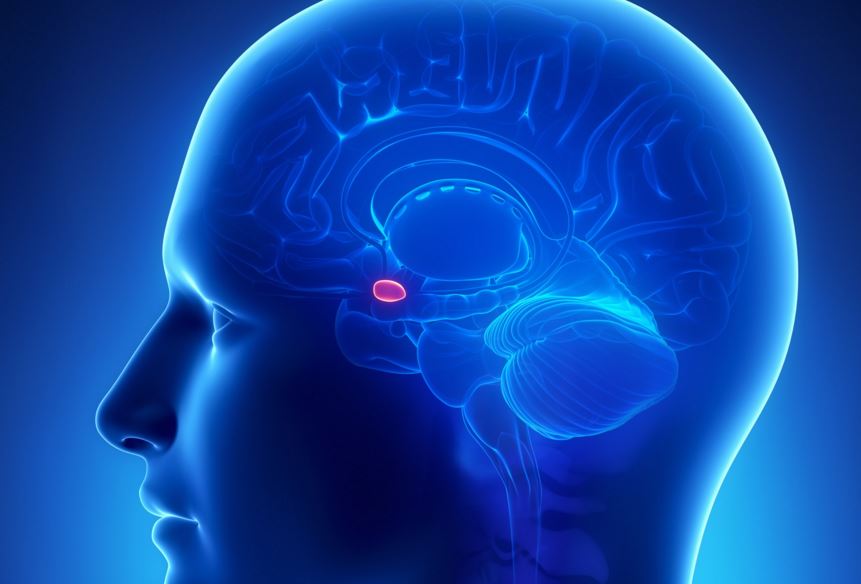
Neuroscientist Daniel Reisel studied the brains of psychopathic murderers. He gauged their responses to pictures of people’s emotional expressions. Using MRI’s to image their brains, Reisel found a deficit in the amygdala, a region of the brain we believe to be the ‘location’ of empathy. But Reisel and other neuroscientists also have hope. They also discovered that new brain cells can develop, even in adult brains. While isolation and stress can suppress the growth of new brain cells, human interaction and relationship stimulate the brain to develop new cells. Dr. Reisel says, in a TED talk called The Neuroscience of Restorative Justice, that the brains of offenders are further damaged especially by solitary confinement, and imprisonment when not accompanied by other humanizing, relational activities:
‘It is ironic that our current solution for people with stressed amygdalas is to place them in an environment that actually inhibits any chance of further growth. Of course, imprisonment is a necessary part of the criminal justice system and protecting society… [But] because our brains are capable of change, we need to take responsibility for our actions, and they need to take responsibility for their rehabilitation.’
To reduce reoffending rates, and reimprisonment, Dr. Reisel recommends restorative justice practices…
Read the rest here